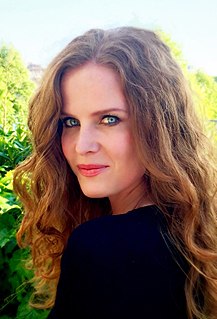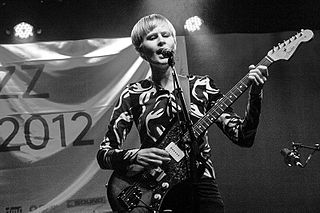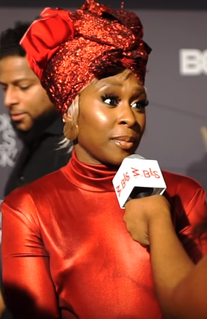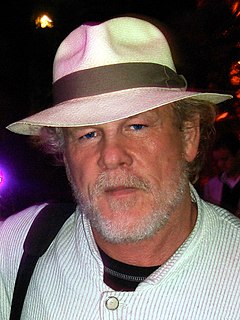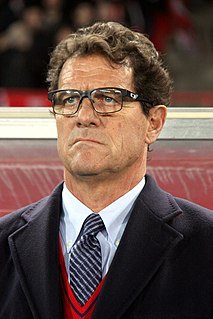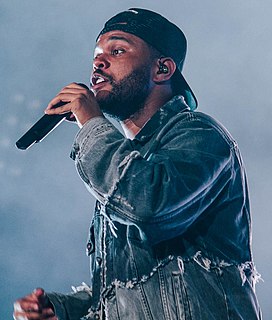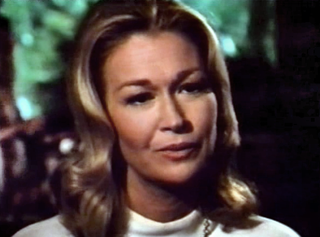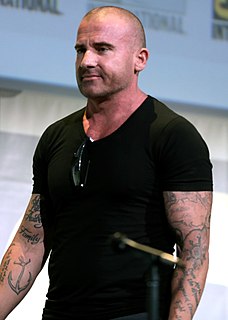A Quote by Rebecca Mader
I do accents. Sometimes when I've had a few drinks, I speak in different accents all night long, and then at the end of an evening someone will say to me, 'Seriously, where are you from?'
Related Quotes
I came to realize,people who had Chinese accents will continue to have Chinese accents in America are treated as being stupid or not as intelligent as an English speaker who is fluent with an American accent - I came to realize why. But it's always fascinated me how quickly you can change where you stand with another human being just based on how you speak.
When you're traveling constantly, every day you become inspired, and it shows in my work, sonically, lyrically, visually. Conversations with women with different accents and stories told in those accents. I like to create characters based on different people I've met, and relationships. I like to tell stories loosely based on real-life events.
